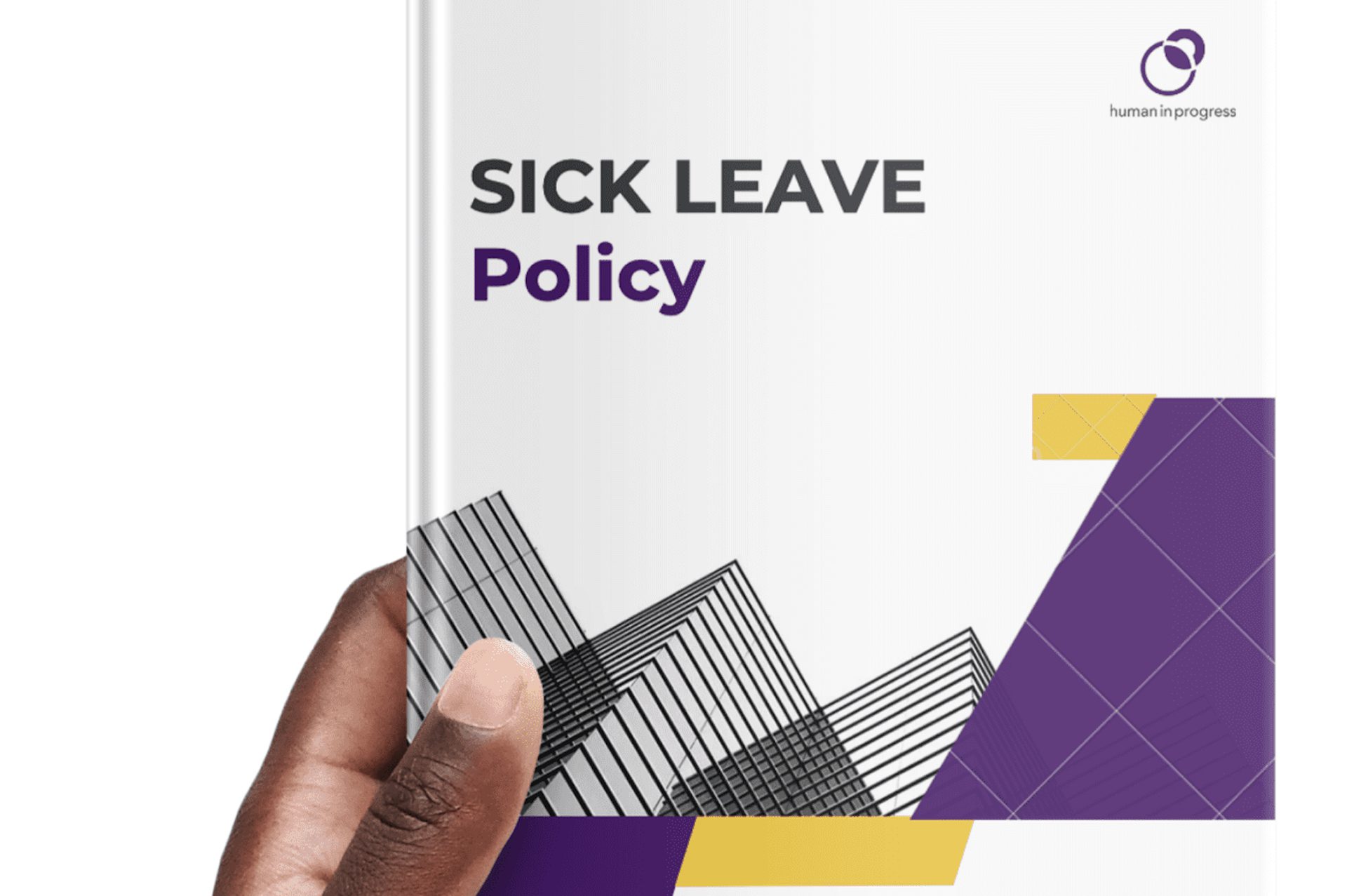Dutch labour law is the legal framework that governs the relationship between employers and employees. The law aims to protect workers’ rights, ensure fair treatment, and provide mechanisms for resolving disputes.
In the article Navigating the Dynamics of Employment Law in the Netherlands more information is shared about the relevance of these regulations, crucial for employers, employees, and HR professionals.
In this article we address common questions and provide clarity on these important aspects of Dutch labour law.
Dutch employment law governs the rights and obligations of employers, employees, and temporary workers in the Netherlands, it consists of the following areas:
- Working conditions (Health & Safety)
- Working hours
- Salary, minimum wage
- Holiday allowance and vacation days
- Employment and dismissal procedures
- Employee benefits
- Works Council
- Whistleblower protection
- Data protection
Table of Contents
Frequently Asked Questions on Dutch Labour Law
1. What is Book 7 of the Dutch Civil Code?
Book 7 of the Dutch Civil Code is related to Particular Agreement and includes employment contracts requirements. This book plays a crucial role in shaping the legal framework for employment relationships in the Netherlands.
The Dutch Civil Code [Burgerlijk Wetboek, BW], the Book of Law is the primary legal code governing civil law matters in the Netherlands. It covers a wide range of topics, divided into 10 books regarding obligations and contracts, family law, property law and private laws.
2. What are the types of employment contracts in the Netherlands?
The rules of Dutch law for employment contracts are embedded in Book 7 of the Dutch Civil Code. It requires employers to provide written employment contracts that specify details such as job title, duties, and salary to ensure legal compliance.
The type of work contracts in the Netherlands are:
- Fixed-term employment contracts (definite employment contracts)
- Indefinite employment contracts (permanent employment contracts)
- Zero-hour employment contracts
- Secondment temporary contracts through employment agencies
3. What is the minimum wage in the Netherlands?
The statutory minimum wage is established by the Dutch government on an hourly basis for all industries in the Netherlands. All employees aged 15 and above are required to receive at least the prevailing hourly minimum wage. The Government of The Netherlands sets the minimum hourly wage and will be adjusted twice year on January 1 and July.
4. What are the working hours in the Netherlands?
The Working Hours Act regulates overtime, working hours, rest periods, breaks and night shifts under employment in the Netherlands. Standard working hours are usually 36, 38, or 40 hours per week.
Overtime pay is not regulated by law but can be agreed upon in individual contracts or collective labour agreements. The maximum number of hours an employee can work overtime varies based on the type of job they are employed in, as well as their age.
For the brochure on the Working Hours Act in English published by the Government of The Netherlands, click to download the Brochure Working Hours Act.
5. What is the Dutch holiday allowance?
By Dutch law, every employee is obliged to receive 8% holiday allowance [vakantiegeld] over the previous 12 months regular gross salary earned. Pay out to the employee has to be by minimal 1 instalment per year. In general, the holiday allowance is paid in May, sometimes in June.
The definition of the gross salary for holiday allowance calculation is the gross salary including overtime pay, but excluding benefits (bonus, allowances etc.).
If the company has a Collective Labour Agreement, it could be possible to deviate from this ruling – however the holiday allowance percentage can never be lower than 8%, a higher percentage is of course possible.
The sickness benefit payment by Dutch employment law is for two years a minimum of 70% of the employee’s wages. The employer is obliged by Dutch employment law (Dutch Civil Code article 7:629) to continue the sickness benefit payment during the first year and second year of the Sick Leave of the employee.
However, it is common market practice for most companies to pay 100% of employee’s salary during the first year of illness. The percentage for the second year of illness may vary depending on the company and industry.
8. What are the rules regarding Maternity Leave in the Netherlands?
Maternity Leave is 16 weeks (4-6 weeks before the due date and 10-12 weeks after). Read more in our article Employee Leaves of Absence in the Netherlands.
9. What is the procedure for termination of employment in the Netherlands?
In the Netherlands, termination of employment is a sensitive issue governed by complex employment laws. According to Dutch law, if the employment contract is terminated or if an employee is being made redundant, they are entitled to a severance payment [transition fee] based on their salary and years of service.
For collective dismissals ≥ 20 headcount within period of 3 months, the employer has to obtain a dismissal permit to serve notice of termination. Employers may need to work with the Employee Insurance Agency (UWV) to ensure compliance with Dutch Employment Law.
The unions have information and consultation rights in respect of collective dismissal. Furthermore, they have right in respect to mergers and considered with are considered to fall within the scope of the Dutch jurisdiction. The Dutch Works Council has information, initiative, consultation, and approval rights.
Trade unions and collective bargaining agreements: Trade unions negotiate collective bargaining agreements (CBAs) with employers, which set the terms and conditions for employment in various sectors. CBAs can cover matters such as wages, working hours, and dismissal procedures.
11. What is a mandatory Psychosocial Workload Policy in the Netherlands?
A company in the Netherlands is legally obligated to implement a policy aimed at protecting employees against sexual harassment, aggression, and violence, as well as paying attention to unacceptable behaviour. This is referred to under Dutch law as Psychosocial Occupational Stress (PSA) [Psychosociale arbeidsbelasting].
The comprehensive Psychosocial Workload Policy addressing this workload is commonly referred to in the Netherlands as a ‘PSA policy’. In our work with international organisations, we often observe that the content of the PSA policy might be available but fragmented across several other policies such as the Code of Conduct, Bullying & Harassment Policy, Grievance Policy, and the Health & Safety Policy.
Read more about this in the Workplace Health and Safety Netherlands Regulations.
12. What is the Equal Treatment Act Netherlands?
The Dutch Equal Treatment Act prohibits any forms of unequal treatment and discrimination. Employers need to take all reasonable steps to hire, develop and promote people on the basis of their experience, skills and ability without regard to sex, marital or civil partnership status, race, gender reassignment, religion or belief, sexual orientation, pregnancy or maternity leave, age, or disability in line with the Netherlands Equal Treatment Act.
Employment Law Netherlands Course
At the Human in Progress Academy, our mission is to empower both HR professionals and entrepreneurs with the knowledge and skills essential for thriving in today’s ever-evolving world.
Employment law forms the backbone of the nation’s employment regulations, impacting businesses, employees, and their interactions. For entrepreneurs, managers, and HR professionals, understanding and navigating this legal framework is not just beneficial; it is essential.
Managers play a pivotal role in implementing these regulations within their teams, guaranteeing a safe and equitable workplace.
Meanwhile, HR professionals are at the forefront of ensuring that HR policies, practices, and procedures align with legislation, fostering a productive and harmonious work environment.
Understanding the intricacies of Dutch labour law is an opportunity to create a workplace that values fairness, equity, and the rights of all stakeholders. It is about striking the right balance between legal compliance and a thriving, motivated workforce.
The Academy Masterclass Dutch Employment Law will enable you to navigate it with confidence and competence to apply it effectively.
- Gaining the knowledge and skills needed to make informed decisions and take actions.
- Ensuring legal compliance and risk management within your organisation.
- Approaching employment matters with confidence and clarity.
Enrol now in the Dutch Labour Law course at the Human in Progress Academy.
Enhance your knowledge and ensure compliance with the latest employment law changes. Contact us today!




